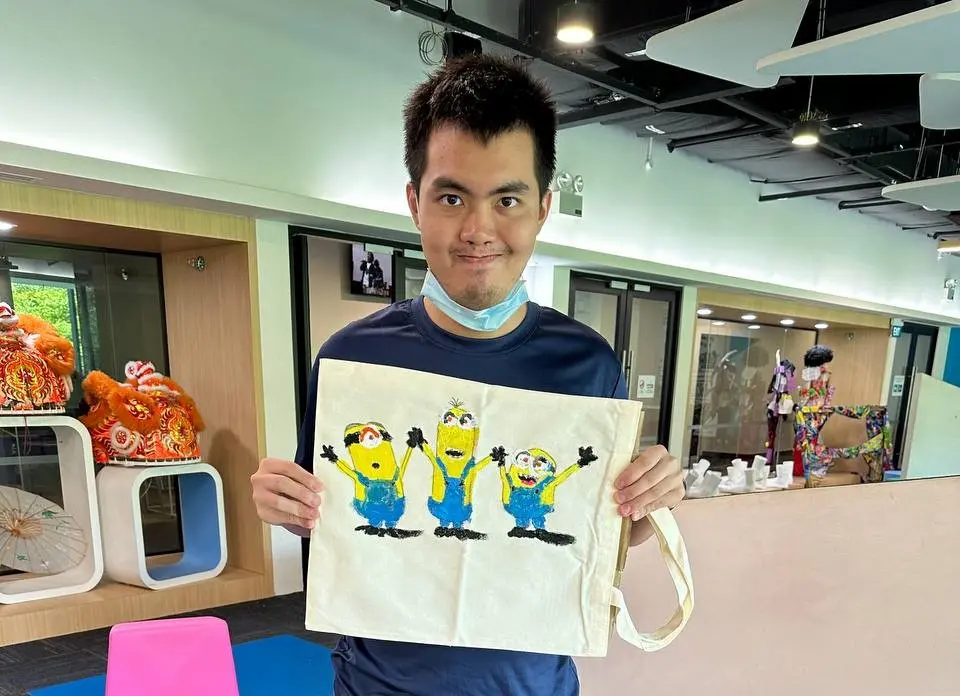Tips for Travelling with a Kid

The June Holidays are here, and what better time than now to go on a family vacation! Whether you’re a first timer or a seasoned traveller with your little ones, navigating vacations with the kids can be exciting yet daunting. But fret not! Here is a guide by TOUCH Parenting to help you be more prepared and ensure that your journey goes as smoothly as possible.
HELPING YOUR KID TO NAVIGATE CULTURAL DIFFERENCES
Developing Cultural Compass: Cultural differences can be tricky for children to grasp. Without engaging in open conversations about cultural differences, your child may adopt stereotypes and mindsets based on their surroundings that affect their beliefs, interactions and decision-making as they age [1]. Consider preparing some information and pictures of the country you are visiting and share them with your child beforehand. If you’re heading to Japan, for example, help them understand that the Japanese are generally polite and clean, and we show respect by bowing slightly and cleaning up after ourselves.
Building Understanding: In some cultures, the locals may be more aggressive in offering their products and services. Share with your child about the potential differences in public behaviours as they may feel overwhelmed by sightings such as haggling in markets. Explain why these customs exist and encourage them to be respectful observers. Bear in mind that you don’t want to inculcate too much fear that your child cannot enjoy the trip.
Safety First: Talk to your child about potential safety concerns like pickpocketing and theft without overly dwelling on them. Tourists are at a higher risk of encountering scams or deceptive practices compared to locals in some countries. As parents, make sure to provide adequate but not excessive instructions to educate your children and keep them safe. For older children, teach them to adopt preventive measures such as keeping an eye on their valuables and staying alert to their surroundings.
TIPS FOR TRAVELLING WITH CHILDREN OF DIFFERENT AGES
FOR TODLERS AGED 1-2 YEARS OLD: Pack sufficient diapers, wipes, changes of clothes and snacks for yourself and your toddler [2]. Grocery and trash bags are lifesavers for spills, messes, and dirty laundry. Pack them in designated bags for easy access. Put your toddler to sleep by creating a calming environment and sticking to their usual sleep routine. Bringing comfort items like a favourite blanket or stuffed animal can create a sense of familiarity and soothe the toddler in the event of a meltdown.
FOR YOUNG CHILDREN AGED 3- 6 YEARS OLD: Create activity packs and bring along colouring books, notebooks and travel-friendly toys to keep your children occupied. Avoid packing toys that can cause a mess such as Lego and slimes. Pack healthy and light snacks as your child may grow hungry sitting for long periods. Young children often express their needs through throwing tantrums. Is your child tired, hungry, or overwhelmed? Pay attention to your child’s cues and address their underlying needs calmly.
FOR CHILDREN AGED 7-12 YEARS OLD: Involve your child in the planning and let them immerse in the experience [2]. Don’t forget to factor in their interests too! Schedule at least one day in the trip that caters specifically to their interests and give them as much time as you can [2]. Additionally, have a chat with your child about appropriate behaviour in public places. Take this as an opportunity to teach self-control and instil good values. Consider downloaded shows or movies as a reward for good behaviour.
Travelling with kids rarely go according to plan. Be flexible to adapt your plans to any hiccups or changes. See it as an opportunity to educate and instil good values in your children. With proper planning, you can create a positive and memorable travelling experience for the whole family!
TOUCH Parenting aims to strengthen parent-child relationships by providing parents with relevant parenting resources through every stage of their parenting journey. It conducts informative talks and workshops which empower parents with knowledge on preparing for and raising a new-born, navigating the digital age with their child, parent-child communication, and nurturing resilient children and youths. It is also appointed by the Ministry of Social and Family Development as the Parent Support Provider (PSP) for Primary and Secondary schools in Singapore.
Sources
1. “Embracing differences: teaching kids about cultural diversity” AfriKindness, https://afrikindness.org/embracing-differences-teaching-kids-about-cultural-diversity/
2. Summer, Hull. “42 real-world family travel tips that actually work” The Points Guy, 16. Jun 2023, https://thepointsguy.com/guide/top-family-travel-tips-with-kids/


